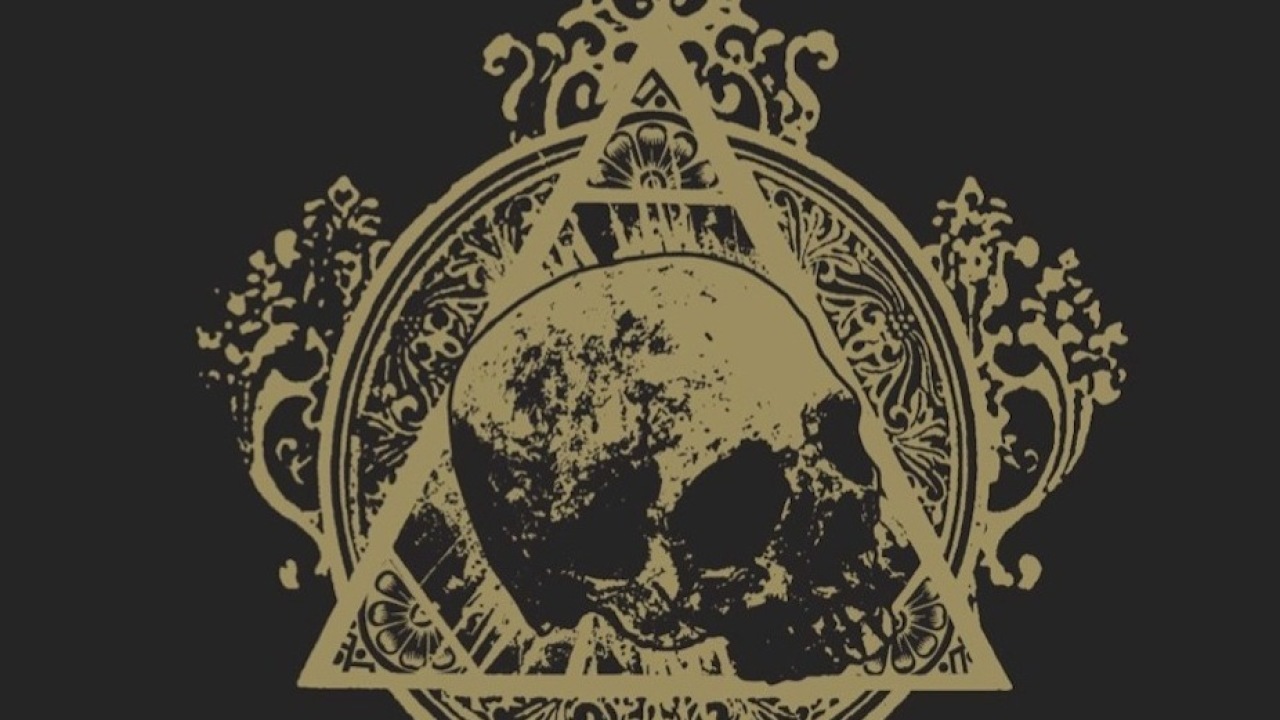If there’s one cultural predecessor to prog, then the Surrealist art movement of the early 1920s is probably it. One of its chief dream/reality wheezes took its cue from an old parlour game called Consequences. The idea was to gather a bunch of like-minded souls, get each in turn to write or draw something on paper, fold it over so that the artwork was hidden, then pass it on to the next person to do the same. The end result was a collective collage of words or images that produced something entirely new from the ‘unconscious reality in the personality of the group’.
Imagine the same thing in musical form and you have the concept behind The Exquisite Corpse Game. Curated by Knifeworld’s Kavus Torabi (on whose label it is also released) the album sees 13 different artists take part in an aural contagion. The rules were simple: each was allowed to produce a piece of music having heard only the final 20 seconds of the composition immediately before it. Other than that, none of the contributors was allowed to hear the rest of what came before their piece.
You might expect some horribly disconnected mess to be the end result, but the fascinating thing about The Exquisite Corpse Game is the consistency of the sound. The overriding feel is of an instrumental record that eddies and shimmies to the rhythm of some vast, unconscious hive mind. Ex-Knifeworld member Khyam Allami starts off with an engaging set of modal guitar drones, making a bed for Karda Estra (aka Richard Wileman) to drape with delicate layers of chamber prog.
Things take a more sinister turn when Jim ‘Foetus’ Thirlwell throws on a blanket of distinctly threatening ambience. By the time Torabi’s had his turn, we’re with electronic duo British Theatre, whose fuzzy, percussive loops give way to the discreet beauty of US avant-rock hound Bob Drake. The first words uttered come courtesy of San Francisco composer Dominique Leone on Fold 8. It’s a spoken narrative that lends the whole shebang the communal air of one of Ken Kesey’s Acid Test experiments of the 60s. (‘The main thing is that I want everybody to take a drink, look around, relax. Tonight’s all about you.’)
As befits the seemingly random nature of this process, it doesn’t always hold up. We could do without Weasel Walter’s whining synthetics, for example. But for the most part, as embodied by the lovely transition from wordless harmonies and jittery rhythms (Mediaeval Baebes’ Katharine Blake) to fleet-footed techno (Max Tundra) to restive soundscapes (Mikrokosmos), this album is an unexpected triumph.

